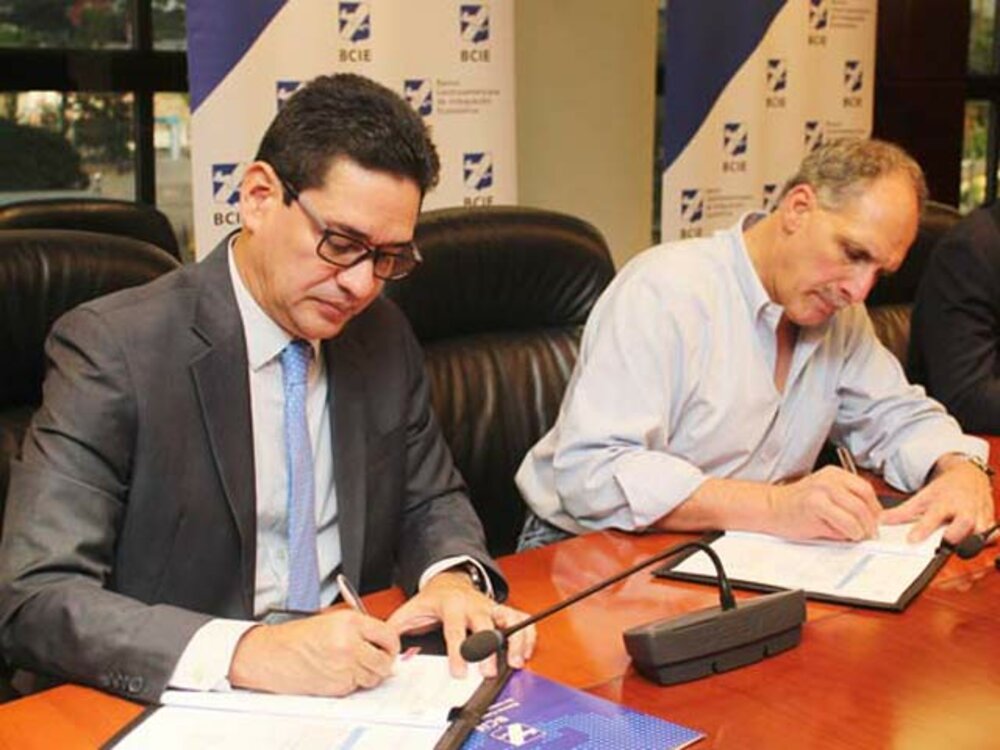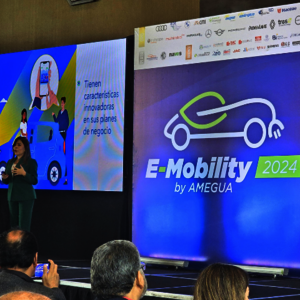CABEI and France will finance feasibility studies for public transportation network in Tegucigalpa

The non-reimbursable technical cooperation for 729,606.00 thousand euros aims to develop the necessary studies for an aerial cable car system that allows to advance in terms of sustainable urban transportation.
Tegucigalpa, November 15, 2018.- The Central American Bank for Economic Integration (CABEI) and the Municipal City Hall of the Central District signed a non-reimbursable technical cooperation agreement for an amount of 729,606.00 euros to finance the feasibility studies for a public cable transportation network in the Municipality of the Central District of Honduras. The resources are part of the FASEP Facility of the French Treasury, which is administered by CABEI.
The agreement will finance the preparation of the studies to present a feasible technical and economic proposal for a public cable car transportation system and its integration with other means of transportation that circulate in the main corridors of the cities of Tegucigalpa and Comayagüela.
With this signature, both entities foresee to provide the studies that will determine the feasibility of a project that, among other benefits, expects to increase public transportation safety levels, reduce travel times, integrate with other transportation systems, reduce rates of gas emission into the environment, reduce vehicular traffic and include vulnerable zones in the transportation system of the Municipality of the Central District.
For CABEI Country Manager for Honduras, Mr. Manuel Torres, the project represents an important step in the promotion of urban development, the strengthening of the public transportation system and the gradual transformation of transportation to environmentally sustainable systems.
Aerial Cable Project
The project involves the development of the first massive public transportation system by air cable in Honduras, which is estimated to have an approximate length of 9.32 kilometers and will consist of four main lines; two of these lines will be built in the first phase.
The project is planned to be built in the peripheral areas of Comayagüela connecting with Tegucigalpa and integrating with other transportation systems, which will allow rapid movement between both cities. In addition, the project will connect to important commercial areas, markets, housing projects and different work, study and health centers.






